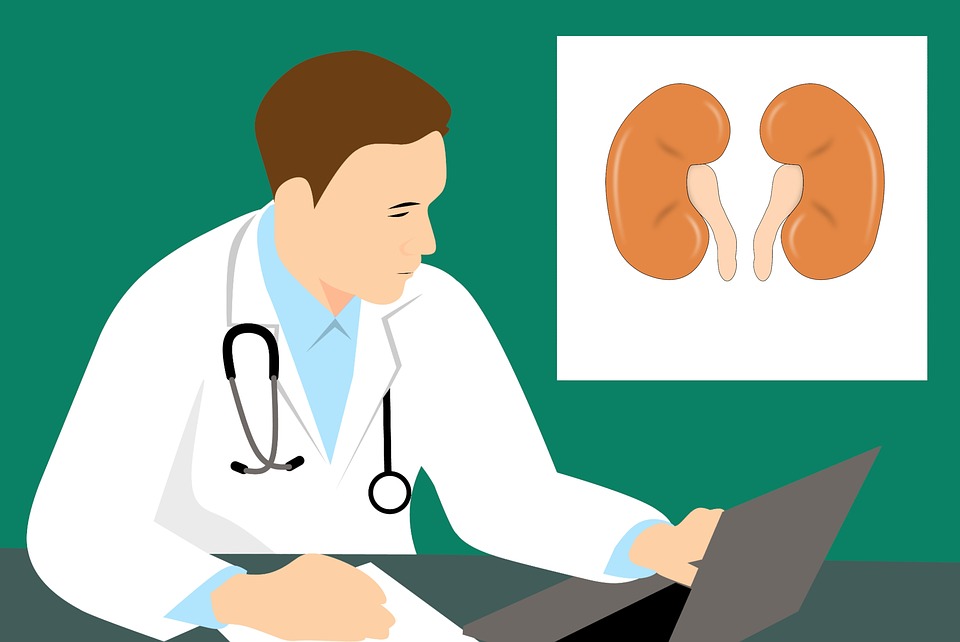Kidney Stones And Diet Restrictions
Kidney stones, also known as nephrolithiasis, are crystalline hard minerals that form in the kidney out of the substances present in the urine. Stones in the kidney are formed when there is decreased urine volume or because of the deposition of excess stone-forming substances in the urine.
Also, dehydration and intake of less water are the major causes for the development of stones in the kidney Hereditary and diet factors also play a part in their formation but one in 20 people may develop kidney stones at some point in their lives. Kidney stones can be diagnosed with an intravenous pyelogram (IVP), ultrasound or CT scan.
Symptoms
If the kidney stones are small in size and static in their position, then pain and discomfort are usually not experienced. When the stones move within the kidney or pass in to the urethra that connects the kidney to the bladder, the patient feels pain. The symptoms of kidney stones include the following:
- Persistent ache in the lower back that radiates to the lower abdomen and groin. This ache lasts for minutes or even hours.
- Pain that comes in waves and fluctuates in intensity.
- Discomfort in sitting and a feeling of restlessness
- Increased urination.
- Nausea.
- Pain while urination.
- Presence of blood in the urine.
- Foul smelling urine.
Types Of Kidney Stones
There are four types of mineral stones which are found in the kidneys. Knowing the type of mineral based stone helps treat it as well as prevent it from reoccurring.
Calcium Stone
Stones from calcium are found in calcium oxalate form. These are formed when the urine ¡s acidic in nature. Oxalate is a common mineral found in foods. Supplementation of vitamin D, dietary intake of oxalate rich foods and severe metabolic disorders may increase calcium or oxalate levels in the urine leading to the formation of the stone.
Calcium Phosphate Stone
These types of stones are formed when there is high alkalinity in the urine.
Struvite Stone
Also called infection stones, these develop because of a urinary tract infection. When they grow bigger in size they are known as staghorn calculi. Women are at a greater risk of developing these stones because of a higher risk of urinary tract infections.
Uric Acid Stone
Stones from uric acid develop in those people who consume high protein foods regularly and those who drink very little water.
Cystine Stone
Cystine stones are formed when the kidneys produce excess amount of cystinuria, an amino acid. This is a hereditary disorder.
Diet And Specific Renal Stones
Dietary modifications can help a person prevent kidney stones. People can also lower the risk of kidney stones by increasing their daily fluid intake. Different kinds of renal stones require different food restrictions. The recommendations based on the specific type of renal stone are given here.
Calcium Oxalate Stone
- Restrict high protein foods like red meat, eggs, fish and soy foods like tofu,
- Limit sodium intake.
- Limit black tea consumption.
- Avoid high oxalato vegetables like rhubarb, spinach and fruits like star twit.
- Limit wheat bran foods and dry fruits like hazelnuts, peanuts and cashew nuts which are rich in oxalates.
- Avoid high doses of calcium supplements.
- lithe above mentioned foods are consumed, restrict portions and try not to eat them often.
Calcium Phosphate Stones
- Restrict animal protein.
- Avoid using preservatives and bakery foods.
- Limit sodium intake.
- Drink plenty of fluids.
Uric Acid Stone
- Restrict all animal protein.
- Add lots of fruits and vegetables to your diet.
- Avoid high tat foods.
- Limit high fat milk products.
- Do not consume too much alcohol.
Tips To Prevent Kidney Stones
- Drinking enough fluids is one of the best ways to prevent any kind of renal stones.
- A sodium-free diet should be preferred as it helps decrease excretion of calcium in to the urine.
- Restrict high protein foods including animal protein, soy protein as they lower the risk of formation of kidney stones.
- Replace table salt with low sodium substitutes like herbs, lemon, spices and other flavouring agents.
- Avoid using preservative foods. ready to eat foods and bakery foods frequently.
- Limit using canned foods.
